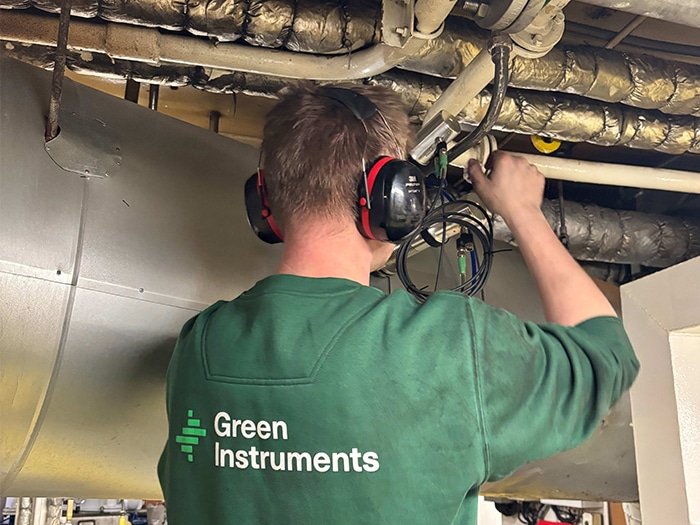Photo: Green Instruments
Danish Tanker Operator Uni-Tankers Installs Advanced Flue Gas Sensor
Danish tanker operator Uni-Tankers has fitted its 2006-built, 6,882 dwt oil and chemical tanker M/T Falstria Swan with an advanced flue gas sensor that can measure soot particle emissions in real time. This innovative installation is a result of collaboration between the Danish Technological Institute, Uni-Tankers, and Green Instruments, the developer of the sensor.
This technology is crucial for the shipping industry as new regulations are being introduced to reduce emissions of soot particles, commonly known as black carbon.
Facts about Black Carbon:
- Formed by incomplete combustion in ship engines
- Significant risk after CO2 in terms of climate impact
- Contributes to global warming by absorbing sunlight
- Causes respiratory and cardiovascular diseases
- Recommended 35% reduction in global black carbon emissions by the IPCC
The IMO, EU, and other regulatory bodies are expected to implement requirements for the shipping industry to reduce emissions of soot particles, including black carbon, in the near future. Black carbon constitutes around 20% of the CO2-equivalent emissions from international shipping.
Focus on Energy Saving and New Fuels
Project Cleanship, which includes the Maersk Mc-Kinney Moller Centre for Zero Carbon Shipping, Danish Maritime, and Danish Shipping, aims to study the impact of energy-saving measures and new fuel types on the maritime industry. The collaboration seeks to provide insights for future investments in cleaner technology to achieve the industry’s goal of being climate neutral by 2050.
A data-driven approach to emissions from shipping is essential for understanding the effectiveness of various measures in reducing harmful particles. Green Instruments has delivered a continuous emissions monitoring system (CEMS) to document greenhouse gas concentrations and a GreenView Emissions Insight system to convert measurements into key emission figures for reporting purposes.

